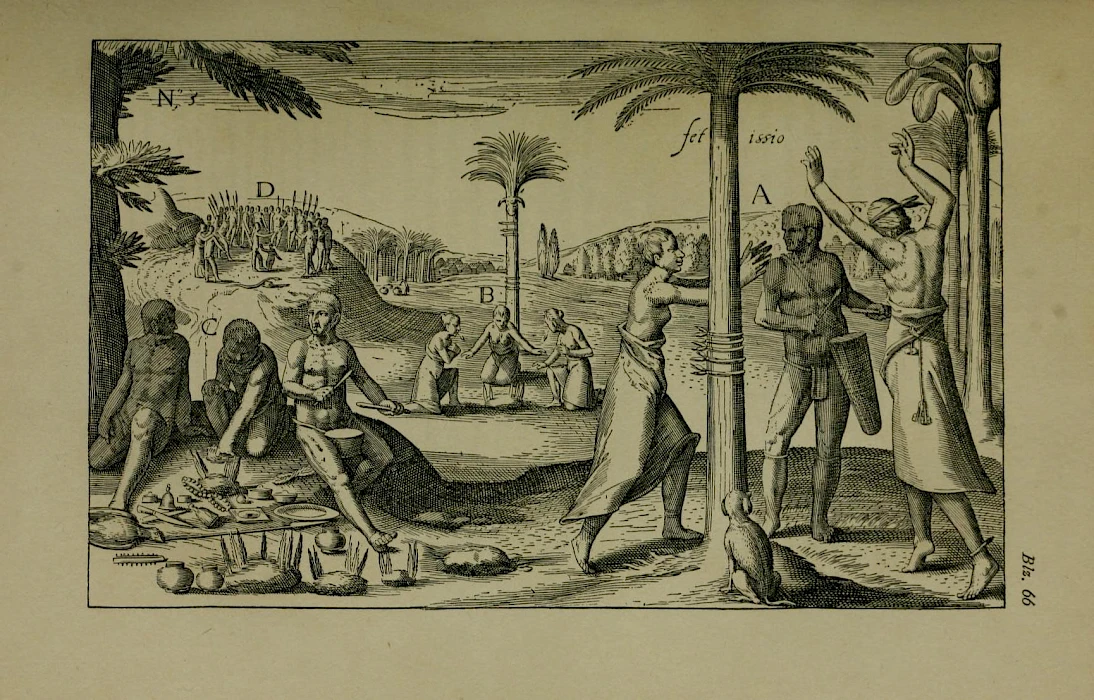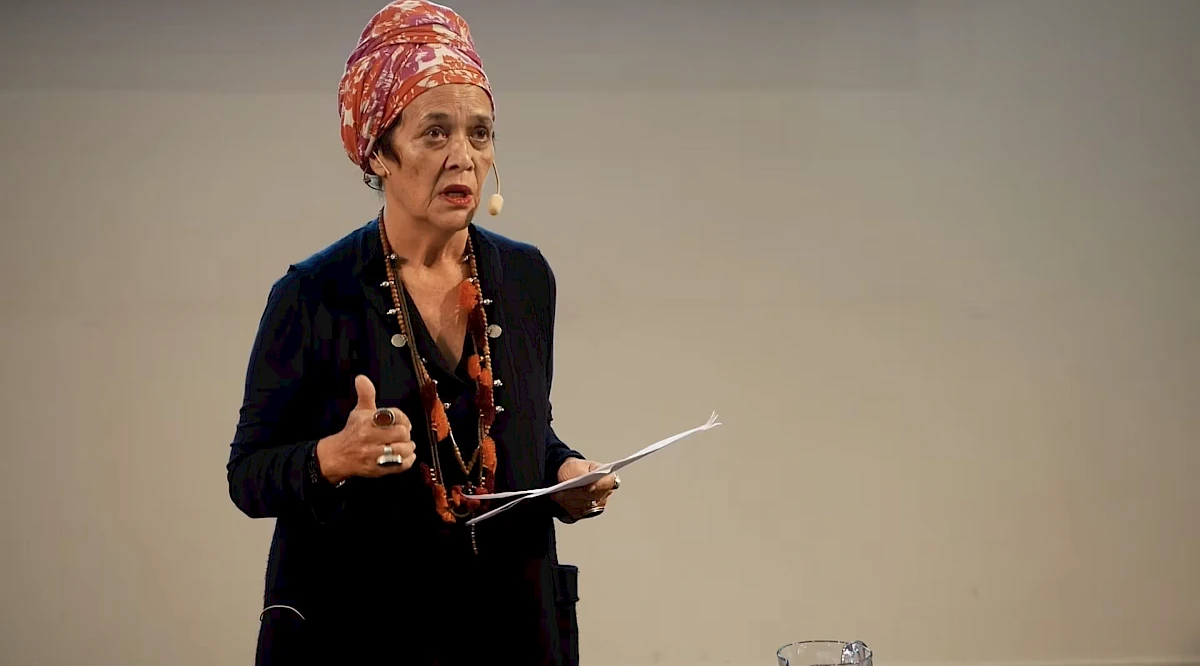Editors’ Picks: Jasna Jakšić
As part of a series, members of L’Internationale Online editorial board revisit the archive of the platform, selecting contributions that resonate for them, their practice and the Museum of the Commons project. Here, Jasna Jakšić looks to articles by Max Haven, Lior Zalis and Françoise Vergés to consider debt, the colonial archive and the ‘right to breathe’.
The idea of commons opposes different kinds of exclusivism; be it the segregation of bodies based on class, race and gender, or the transformation of cultural heritage that once belonged to different communities in looted objects in museums and private collections. Segregation, extractivism, exoticisation are at the core of so-called western ‘development’. They are also inseparable from the western canon of art as part of the dominant system of global capitalism. In his essay, Max Haven argues against vegentful and self-destructive policies of debt, austerity, and financialization. True primal debt, he writes, is to be found in the extraction of bodies, lands, and resources. Extractionism, to whom the west owes its development, was accompanied by the large-scale dehumanisation of whole populations, resulting in displacement, mutilation and extermination of unwanted bodies and seizure of lands and resources by occupation forces and colonial settlers.
The fetish – as a word, object or concept – occupied a central role within the imaginary of western modernism. As an object made by human skill, and through the systems and hierarchies of knowledge, religion and trade, the fetish has been extensively used as a colonial tool of dehumanization of the oppressed. While liberating it from the different layers inscribed by colonists who also create the irrational, savage world to be cultivated and controlled, the essay by Lior Zalis The Colonial Archive of Fetishism as part of the series Insurgent Spiritualities argues for fetishism that gives back life and spirit to the objects. It proposes an additional approach to New Materialism, while reinforcing previously neglected, criminalised and obscured practices.
As Françoise Vergès says the right to rest, to breathe, to recover is denied to many communities on a daily basis. The ongoing siege of Gaza, launched as a punitive action not only against Hamas but against the whole Palestinian population, has now taken more than 26,000 human lives, is justified as an act of ‘self-defence’. But breath cannot be granted through the suffocation, destruction and displacement of others. The recovery of wounded soils, bodies, pasts and presents may seem utopian, but remains vital for any reimagining of the future to take place. So too. As Vergés argues this involves the restitution of ancient debts and grabbed lands, the healing of wounds, and restoring dignity to bodies and narratives through repair, care and protection.
Max Haiven, ‘Capital’s Vengeful Utopia: Unpayable Debts from Above and Below’, 2020
Lior Zalis, ‘Insurgent Spiritualities (Chapter II): The Colonial Archive of Fetischism', 2021
L’Internationale Talks: ‘Françoise Vergès — Breathing: A Revolutionary Act’, 2022
Jasna Jakšić is a curator and art critic, working at the Library of the Documentation and Information Department at the Museum of Contemporary Art in Zagreb. Jasna is a member of the editorial board for L'Internationale Online.

De Marees, P., & Bry, T. de. (1603). Sechster Theil der Orientalischen Indien, Warhafftige historische Bechreibung dess gewaltigen Goltreichen Königreichs Guinea, sonst das Goltgestatt von Mina genandt, so in Africa gelegen. Getruckt zu Franckfurt am Mayn: Bey Wolffgang Richtern.

Francoise Vergès giving the keynote ‘Breathing – A Revolutionary Act’ during the launch of the book Climate - Our Right to Breathe, Göteborg City Library, October 2022.
Related contributions and publications
-
Editors’ Picks: Nick Aikens
Nick AikensEditors' Picks -
Editors’ Picks: Ezgi Yurteri
Ezgi YurteriEditors' Picks -
Editors’ Picks: Eric Otieno Sumba
Eric Otieno SumbaEditors' Picks -
Editors’ Picks: Cathryn Klasto
Cathryn KlastoEditors' Picks -
Editors’ Picks: Jasna Jakšić
Jasna JakšićEditors' Picks -
Editors’ Picks: Yolande Zola Zoli van der Heide
Yolande Zola Zoli van der HeideEditors' Picks -
Editors’ Picks: Fran MM Cabeza de Vaca
Fran MM Cabeza de VacaEditors' Picks -
Editors’ Picks: Declan Long
Declan LongEditors' Picks